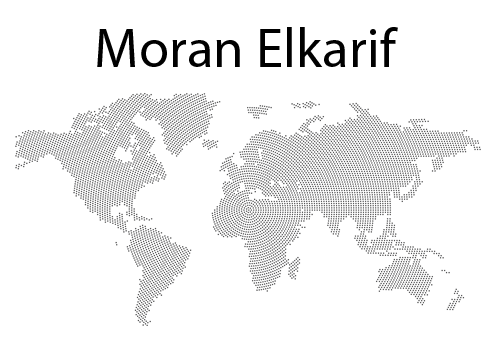We may receive commissions from some links to products on this page. Promotions are subject to availability and retailer terms.

Ming Tung Tang/Getty Images
In today’s economic climate, managing your debt has become more critical than ever. With interest rates remaining high and the cost of living continuing to rise, many borrowers are finding it increasingly difficult to keep up with their financial obligations. For example, right now, the average credit card rate is sitting at a record high, so any card debt you’re carrying can easily spiral out of control. And, if you’re dealing with high credit card debt and other debt-related obligations, it can be even easier to find yourself in serious financial trouble.
The decisions you make now about managing your debt could significantly impact your financial health for years to come, so finding a way to regain your financial stability is essential. Debt management programs are one option worth considering, as these programs can offer a structured approach to paying down debt while potentially lowering your interest rates and fees. Unlike debt settlement or bankruptcy, these programs help borrowers gradually eliminate their debt without severely impacting their credit scores.
However, not everyone needs to enroll in a debt management program — but certain financial situations make it a particularly viable solution. So what types of borrowers should consider this type of debt relief now?
Explore your debt relief options and start tackling your high-rate debt today.
5 types of borrowers who should consider debt management now
These borrowers may want to consider debt management as a potential solution to their debt issues:
Borrowers with high-rate credit card debt
Credit card interest rates currently average around 23%, making it one of the most expensive forms of debt to carry. If you have a high credit card balance and are only making minimum payments, you may find that most of it is going toward interest rather than principal. Over time, this can make it feel impossible to completely pay off your debt. A debt management plan could help lower your interest rates and create a structured plan to pay off your balance, though, so it’s an option worth considering right now.
Learn more about how the right debt relief option could help you now.
Borrowers with unsecured personal loans
Many people take out personal loans for emergencies or unexpected expenses, but these loans tend to come with higher interest rates, especially for borrowers with less-than-perfect credit. If you have multiple personal loans and are struggling to keep up with payments, consolidating them into a debt management plan could provide financial relief. This type of debt relief can also help you negotiate lower interest rates and establish a predictable monthly payment, making your unsecured loan debt more affordable.
Borrowers with multiple types of debt
Borrowers who have multiple debts with different creditors — perhaps a combination of credit cards, personal loans, medical bills and store financing — will often struggle with tracking the various due dates and terms. These borrowers also frequently pay higher overall interest rates and may miss opportunities to strategically prioritize which debts to tackle first, so if you’re one of them, a debt management plan could make sense. By enrolling in this type of program, you can simplify your finances by combining multiple payments into one. This not only reduces the mental load of managing various accounts but can also potentially lower the overall interest rate you’re paying and provide a clear timeline for becoming debt-free.
Borrowers facing job instability or income reduction
Economic uncertainty and job instability can make it difficult to keep up with your financial obligations. If your income has recently been reduced due to a job loss, reduced hours or lower commission earnings, staying on top of multiple debt payments can be overwhelming. A debt management plan can help by reducing your monthly payment burden, ensuring that you can stay afloat financially, even with a lower income.
Borrowers who are struggling to save due to debt payments
For many people, debt payments take up such a large portion of their income that they have little to no room left for saving. If you find yourself living paycheck to paycheck because of high monthly debt payments, debt management can provide a path to financial freedom. By lowering interest rates and structuring a repayment plan, a debt management plan can free up some of your income, allowing you to start building an emergency fund and securing your financial future.
The bottom line
If you recognize yourself in any of these categories, now may be the time to consider a debt management program. High interest rates, growing debt balances and financial instability can make it feel impossible to get ahead, but a structured plan can provide the relief you need. And, by taking deliberate steps toward managing your debt today, you’re not just addressing immediate financial challenges — you’re laying the groundwork for lasting financial stability and freedom.
Angelica Leicht is senior editor for Managing Your Money, where she writes and edits articles on a range of personal finance topics. Angelica previously held editing roles at The Simple Dollar, Interest, HousingWire and other financial publications.










